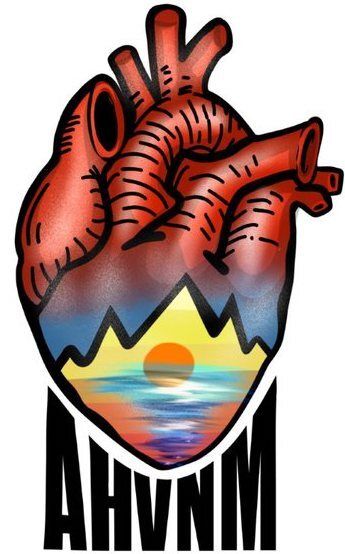
Advanced Heart & Vascular Center of New Mexico FAQs
Quick Appointments Available | Will Accept Most Insurances
Quick Appointments Available
Will Accept Most Insurances
Hours:
Learn More About Advanced Heart & Vascular Center of New Mexico
Have a heart or vascular-related question? We have the answer. Check out these FAQs and give us a call today for more information!
-
What can I do to support my heart health?
Any cardiologist will tell you that risk factor modification includes a healthy diet that is primarily plant-based and low in sugar, not smoking, and maintaining a healthy level of physical activity.
-
What is heart disease?
Heart disease is a general term that can encompass many different conditions including blockages in the heart arteries, irregular heart rhythms, and weak heart function. For more specific information, call us to speak to a cardiologist today.
-
What are common risk factors for a heart attack?
Obesity, high cholesterol, genetics, smoking, gender, ethnicity, and diabetes mellitus are all risk factors that a cardiologist would consider during an evaluation.
-
How does high blood pressure affect my heart?
High blood pressure can lead to coronary artery disease. Arteries that are narrowed and damaged by high blood pressure have trouble supplying blood to the heart. Too little blood flow to the heart can lead to chest pain (angina), irregular heart rhythms (arrhythmias), or a heart attack.
It can also lead to an enlarged left heart. High blood pressure forces the heart to work harder to pump blood to the rest of the body. This causes the lower left heart chamber (left ventricle) to thicken. A thickened left ventricle increases the risk of heart attack, heart failure, and sudden cardiac death.
High blood pressure can also result in heart failure. Over time, the strain on the heart caused by high blood pressure can cause the heart muscle to weaken and work less efficiently. Eventually, the overwhelmed heart begins to fail. If you are worried about your blood pressure, schedule an appointment to speak to a cardiologist at our office today.
-
What are the impacts of COVID on my heart?
It can inflame the heart muscle — as any virus can, but COVID-19 seems to be doing with higher frequency — causing myocarditis that weakens the heart muscle. It is also causing fast heart rhythms and elevating patient blood pressures. If you have had COVID and are looking for an evaluation, a cardiologist from our office can help.
-
What are the common signs and symptoms of a heart attack in females vs. males?
Women get more atypical chest pain associated with nausea, excessive sweating, fatigue, shortness of breath, and shoulder or jaw pain. Men tend to get more traditional substernal chest pain or heaviness, left arm pain, and shortness of breath. To learn more, call us and set up an appointment with an experienced cardiologist.
-
What are my treatment options for heart attacks?
If you have a blockage, a cardiologist would probably recommend an immediate heart catheterization with stent placement, if indicated, to open the artery and establish appropriate blood flow.
-
What is causing my leg swelling?
This can be the result of problems with veins in the legs or the lymphatic system. Alternatively, it would be a problem with the heart’s function. A cardiologist would be able to discern the cause with an evaluation.
-
Is my level of stress/anxiety increasing my risk of heart complications?
Being a classic type A personality is a risk factor for heart disease. Additionally, there is an entity called “broken heart syndrome” where the heart muscle gets immediately weak in the setting of a stressful event. Call to schedule an appointment with a cardiologist today to discuss the effects of stress and anxiety on the heart.
-
Are palpitations concerning?
The sensation of a rapid or racing heart can be caused by several different things including an overactive thyroid, anxiety, heart structural issues, or rhythm issues.
Some of the heart rhythm issues are potentially dangerous while others are benign. It is best to have a cardiologist evaluate these issues as soon as possible.

Share On: